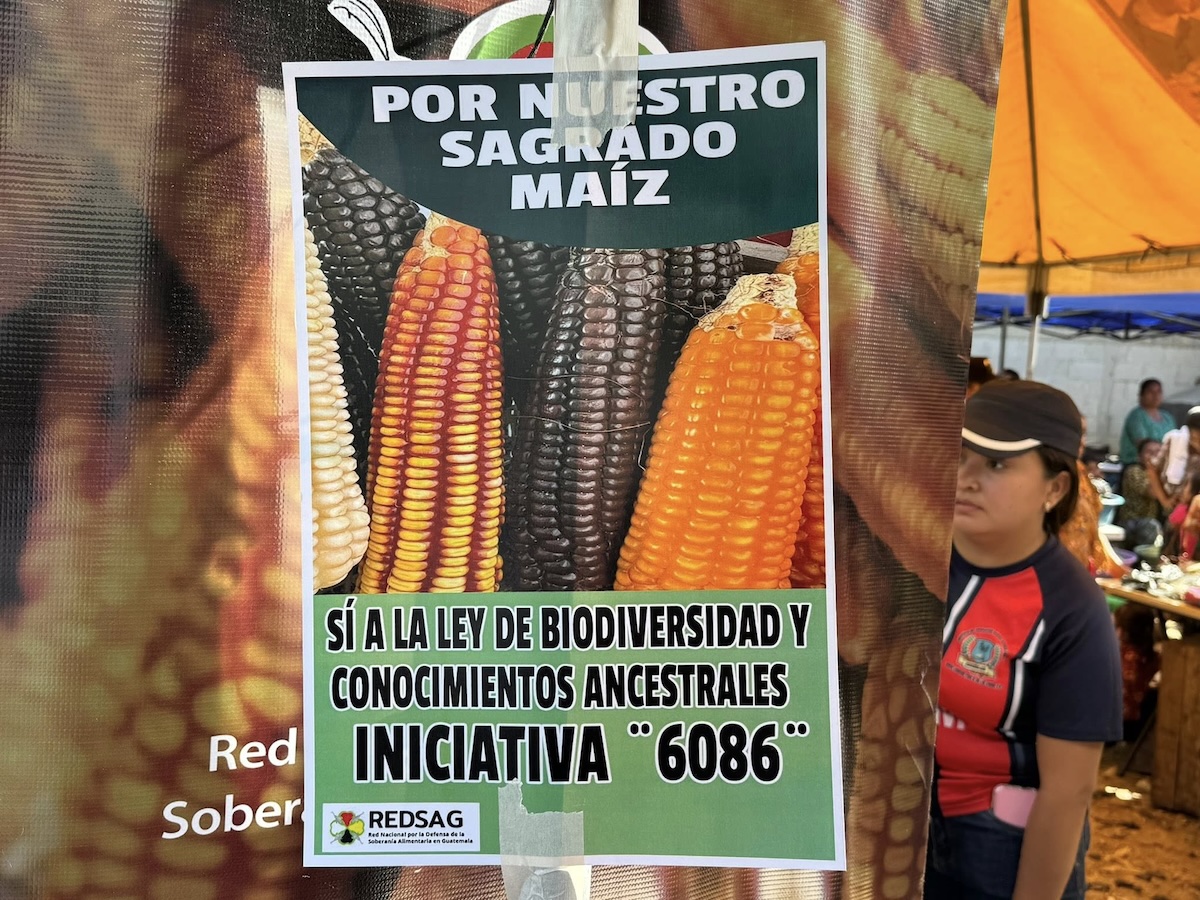 Communities raise the alarm about confirmed cases of transgenic maize
Communities raise the alarm about confirmed cases of transgenic maize
On April 12, organisations of indigenous peoples, peasants, scientists and activists gathered in the Guatemalan city of Chimaltenango for the "2025 Food Sovereignty Seminar", where a powerful declaration was issued in defence of native seeds, ancestral knowledge, and the food sovereignty of the peoples of Guatemala and Mesoamerica.
Under the slogan “We care for and defend the seeds for the continuity of life”, participants denounced the growing threat posed by genetic modification technologies, particularly the recent allocation of public funds to an NGO linked to the company Semilla Nueva for the development of gene-edited maize using CRISPR-Cas technology.
Although recent tests confirmed that native maize analysed in various regions of the country is not contaminated with glyphosate-tolerant transgenes, communities have raised the alarm about confirmed cases of transgenic maize in the regions of Petén and Chiquimula. This situation is seen as a direct consequence of government policies that prioritise corporate interests over the rights of peoples and the protection of biodiversity.
The organisations demand:
* The immediate repeal of the Technical Regulation on the Biosafety of Genetically Modified Organisms (GMOs);
* The approval of Initiative 6086, the Biodiversity and Ancestral Knowledge Law, which aims to protect the biocultural heritage and knowledge of indigenous peoples;
* Full respect for the right to free, prior and informed consent, as enshrined in ILO Convention 169.
The declaration reaffirms the importance of agroecology as a practice of life and resistance, and firmly rejects the commodification and digitalisation of indigenous knowledge. It calls for strengthened community organisation and the designation of GMO-free territories.
“Seeds are not for sale – they are sown and defended,” affirm the signatories. “The defence of maize is the defence of life.”
The mobilisation continues, with efforts to build networks of resistance throughout the Mesoamerican region.
For more information:
REDSAG: https://www.facebook.com/RedsagGt?locale=pt_PT
SERJUS: https://www.serjus.org.gt/
Image: REDSAG and SERJUS










